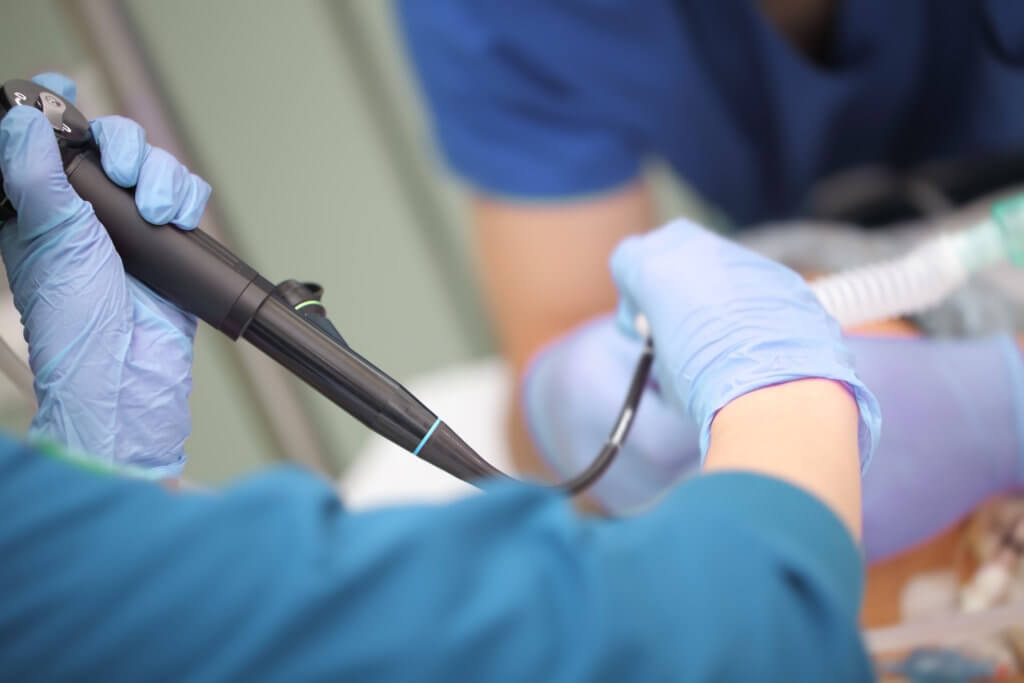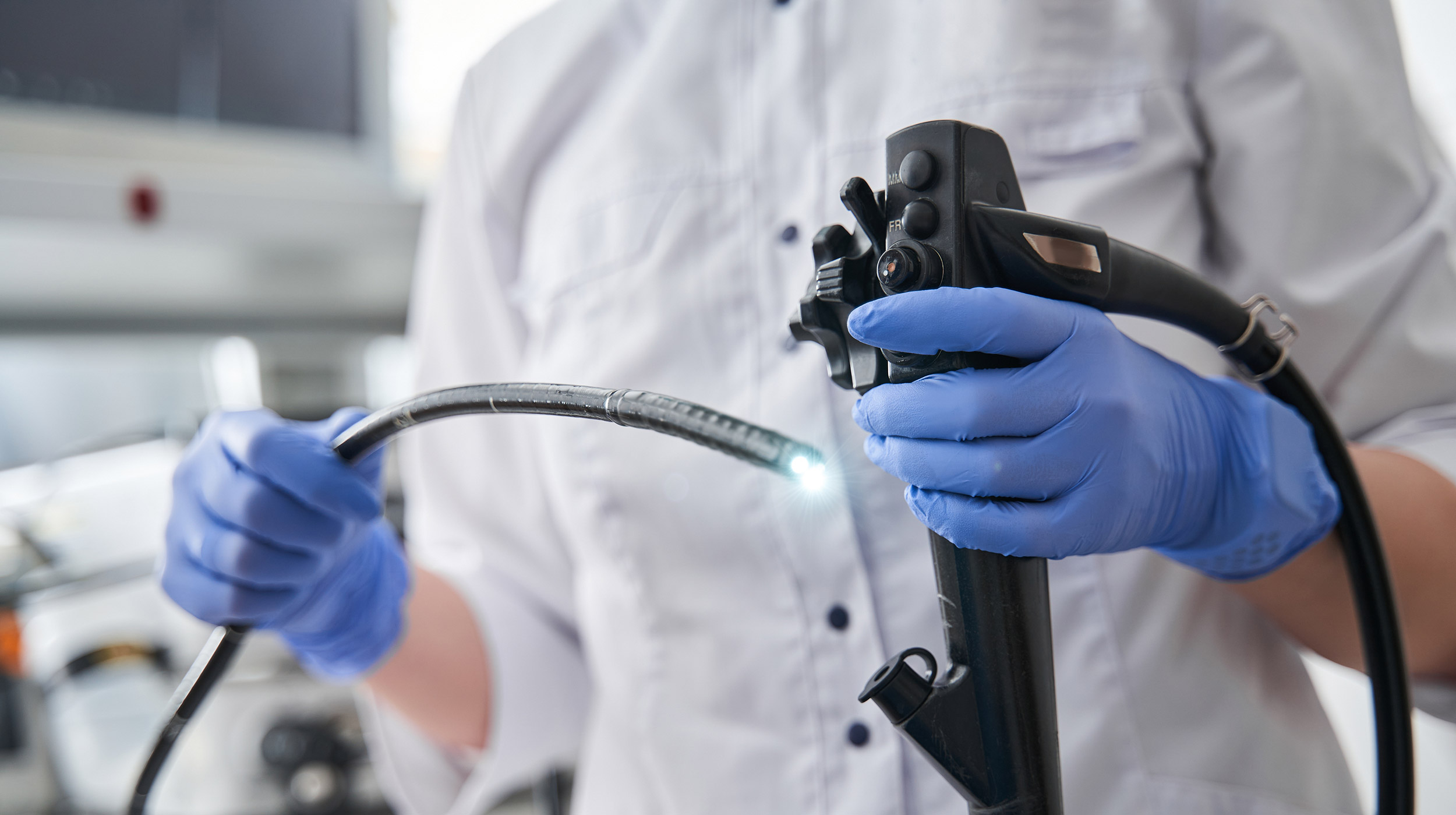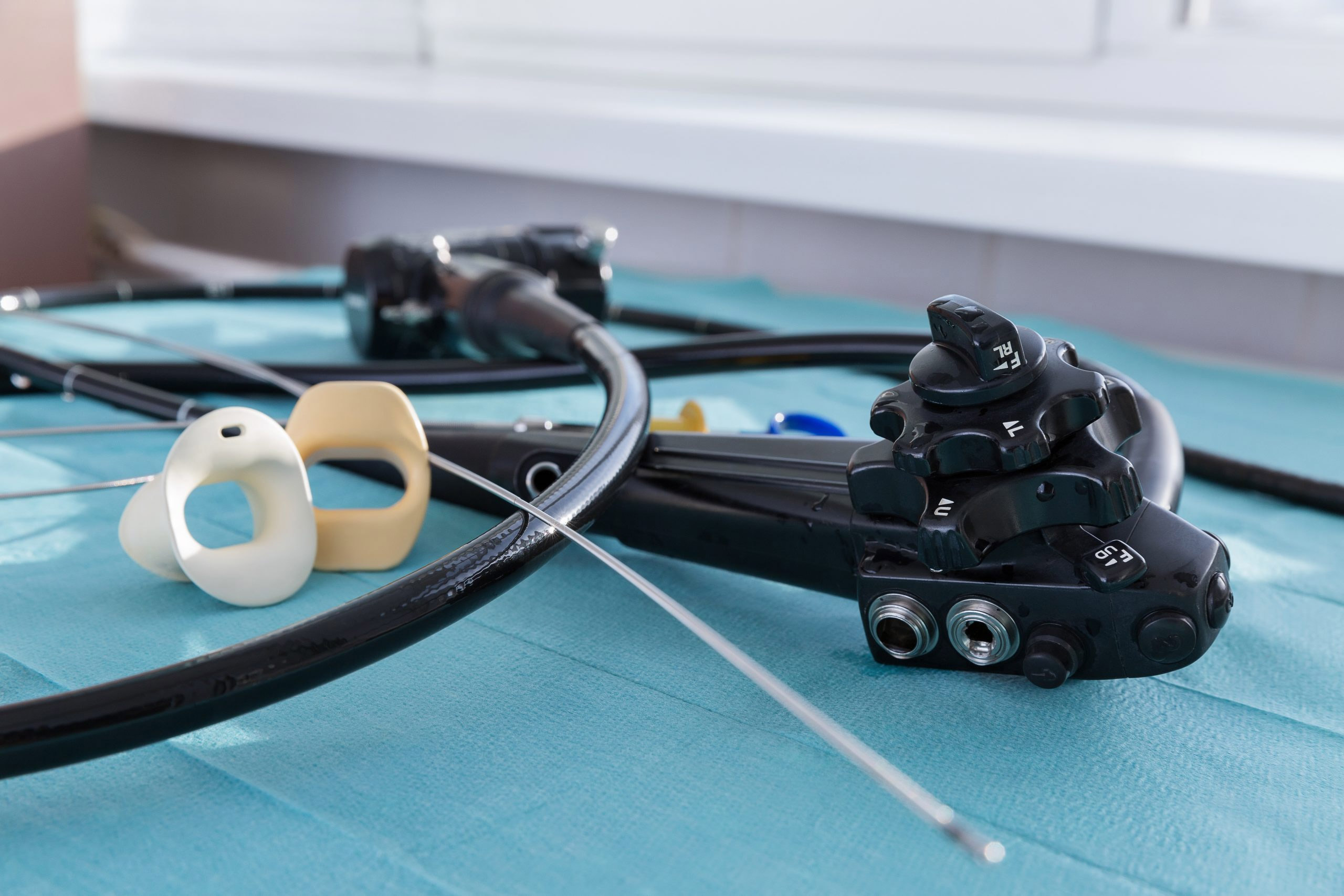
Cystoscope? Check. Stereo?
A new study finds that listening to music during flexible cystoscopy is associated with reduced pain and anxiety.
This likely increases procedural satisfaction and a willingness to undergo the procedure again. And because flexible cystoscopy is often a recurring procedure for surveillance reasons, these findings are potentially significant. The authors write in the study’s conclusion that because music is “simple, inexpensive and easily accessible, it should be routinely offered to patients” during outpatient and office-based urological procedures.
The positive effect of music was also noted in patients having cystoscopic biopsy, which is more painful than cystoscopy alone.
The research, published earlier this month in the Arab Journal of Urology, conducted a systematic review of literature to assess the effect of music on the procedure. The authors’ initial search yielded 234 articles on the topic, but after rigorous scrutiny, four studies were included. These were conducted in the U.S., China, and Italy and lasted between nine and 24 months.
In total, they included 399 patients — 199 who underwent flexible cystoscopy with music playing and 200 who experienced it without. Three of the four studies used only classical music, while the other included a mixture of genres.
Since most of the study’s participants experienced classical music, further research regarding the most beneficial type of music is warranted, the authors conclude, as well as who picks the music. Factors that influence a patient’s choice of “therapeutic music” include moderate volume, melody, use of percussive instruments, and rhythm.
The authors cite a previous study which found music to have a beneficial effect on decreasing pain and anxiety for prostate biopsy, shockwave lithotripsy, urodynamics, and percutaneous nephrostomy, as well as cystoscopy.


